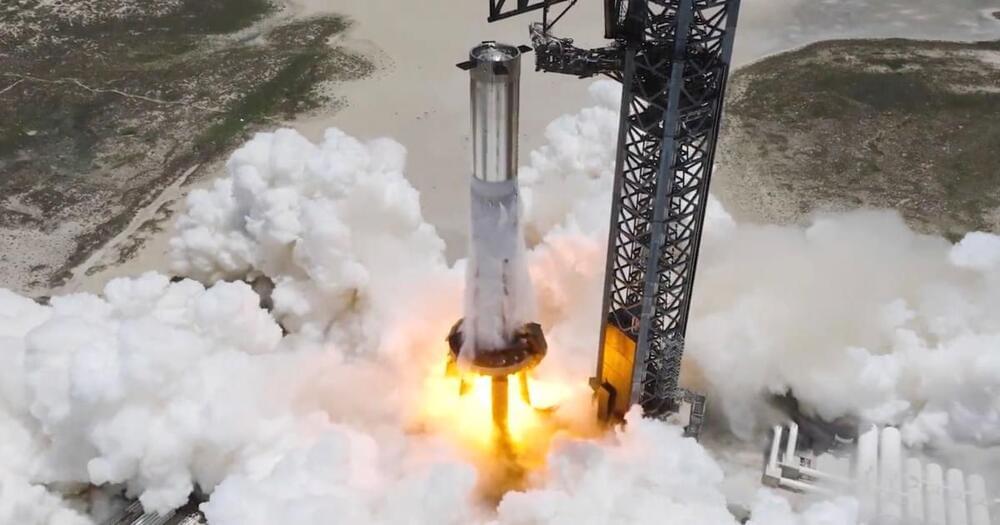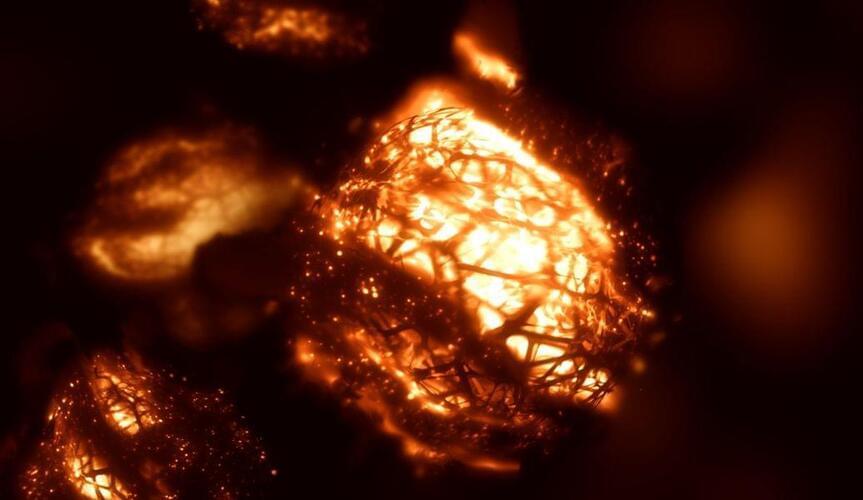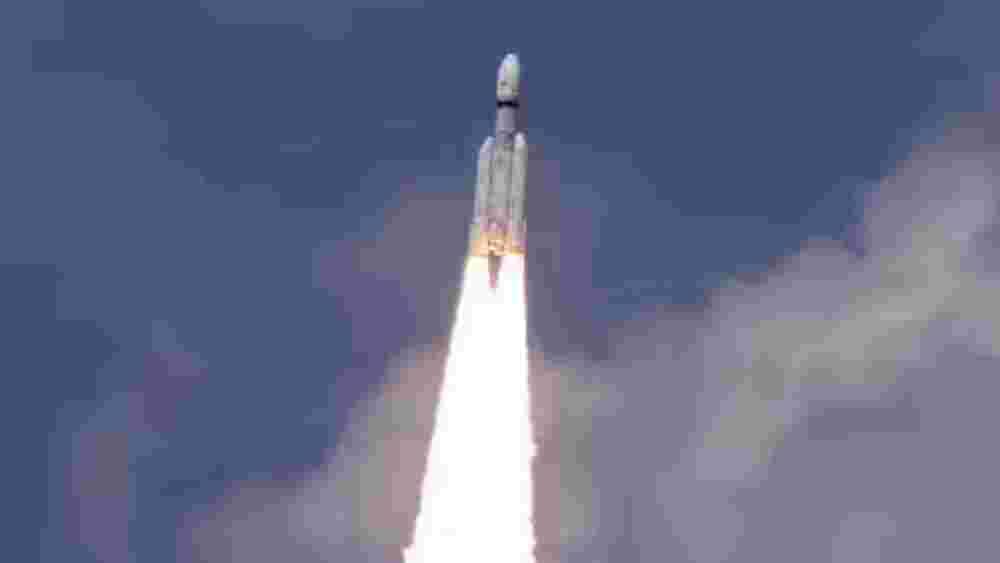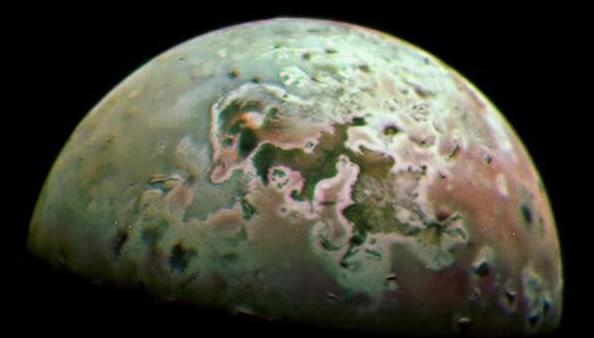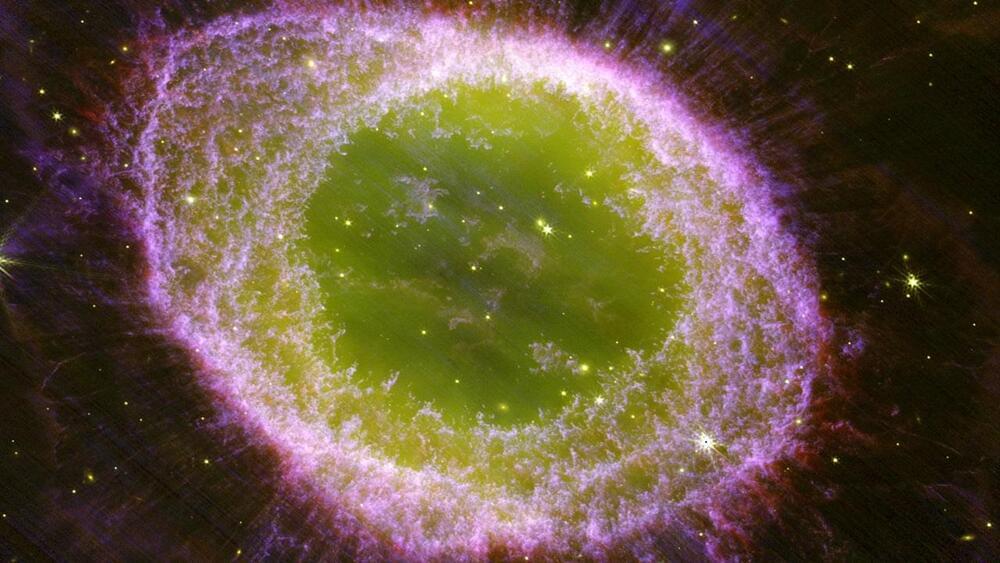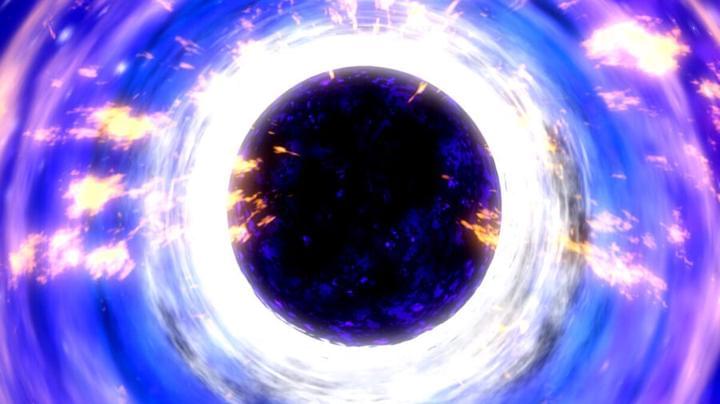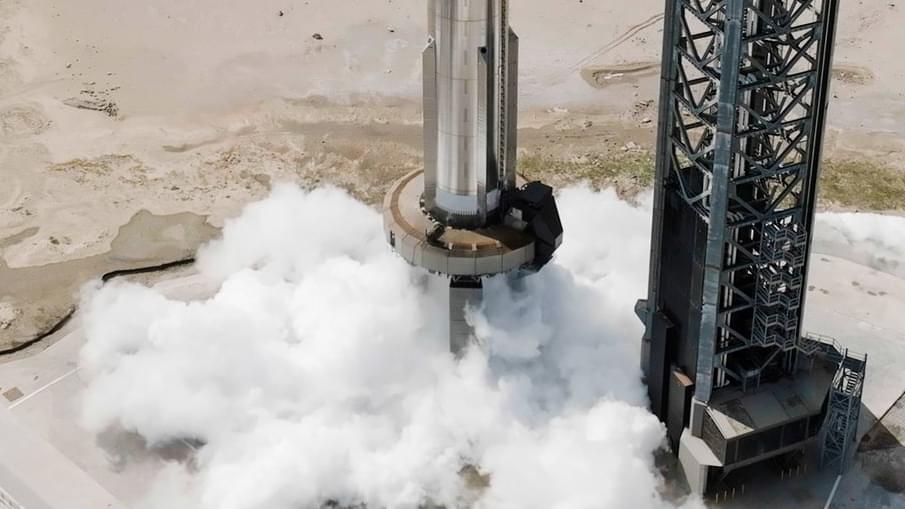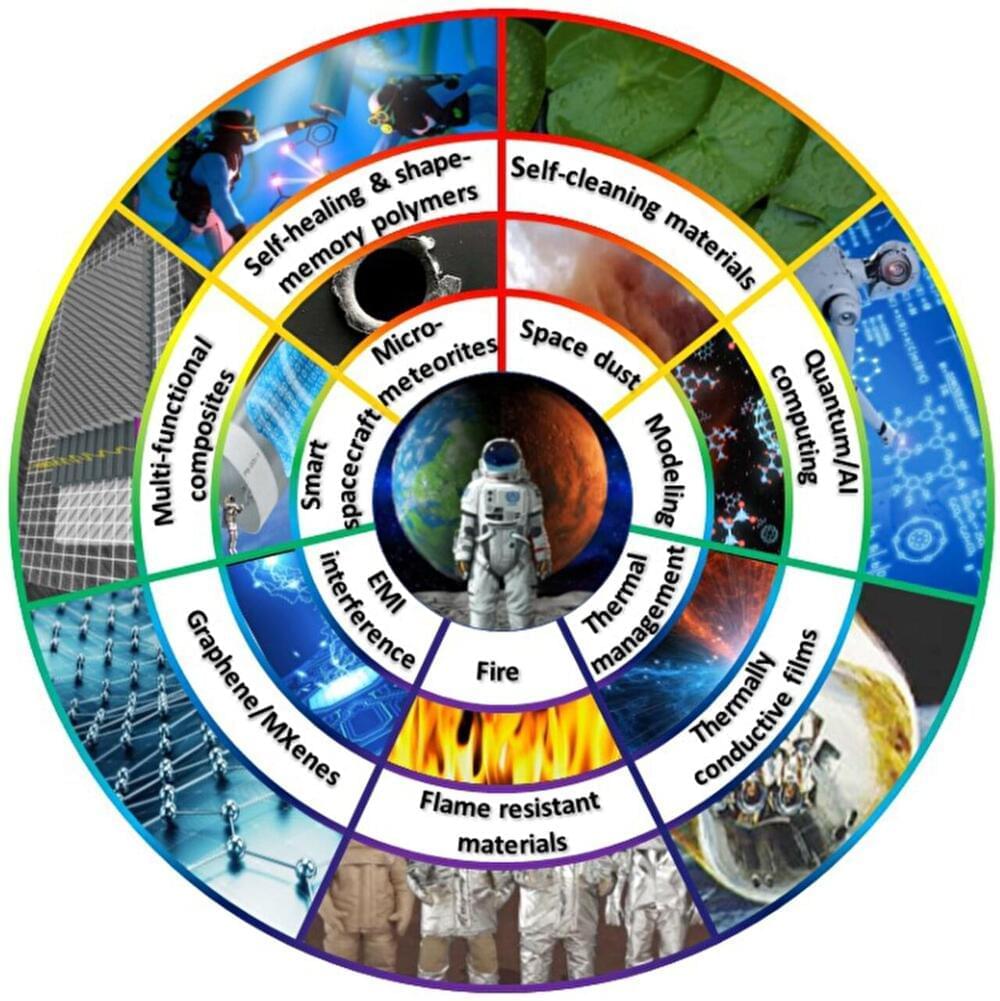SpaceX performed a static fire test of a Super Heavy booster on Sunday to evaluate changes to the vehicle and launchpad following April’s maiden flight.
Category: space travel – Page 81
Every so often, along comes a story which, like [Fox Mulder] with his unexplained phenomena, we want to believe. EM drives and cold fusion for example would be the coolest of the cool if they worked, but sadly they crumbled when subjected to scientific inquiry outside the labs of their originators. The jury’s still out on the latest example, a claimed room-temperature superconductor, but it’s starting to seem that it might instead be a diamagnetic semiconductor.
We covered some of the story surrounding the announcement of LK-99 and subsequent reports of it levitating under magnetic fields, but today’s installment comes courtesy of a team from Beihang University in Beijing. They’ve published a paper in which they characterize their sample of LK-99, and sadly according to them it’s no superconductor.
Instead it’s a diamagnetic semiconductor, something that in itself probably bears some explanation. We’re guessing most readers will be familiar with semiconductors, but diamagnetic substances possess the property of having an external magnetic field induce an internal magnetic field in the opposite direction. This means that they will levitate in a magnetic field, but not due to the Meissner effect, the property of superconductors which causes magnetic field to flow round their outside. The Beijing team have shown by measuring the resistance of the sample that it’s not a superconductor.
Updated 19 seconds ago.
It appears that a professor from the University of Virginia has figured out how to construct a freeze gun, similar to the one wielded by Batman‘s adversary, Mr. Freeze, in the 1997 movie Batman and Robin. According to Futurism, however, the professor’s discovery is not meant to be used to create a weapon. The goal of Patrick Hopkins, a professor in mechanical and aerospace engineering, is to develop on-demand surface cooling systems for electronics in spacecraft and high-altitude jets.
India’s third moon mission’s spacecraft, Chandrayaan-3, is one step closer to a lunar landing after the Indian Space Research Organisation (ISRO), announced that it has successfully entered the moon’s orbit, on Saturday (August 5).
ISRO’s Chandrayaan-3 mission update.
The announcement was made by the Indian space agency on X, formerly known as Twitter where it wrote: “‘MOX, ISTRAC, this is Chandrayaan-3. I am feeling lunar gravity’. Chandrayaan-3 has been successfully inserted into the lunar orbit.”
NASA’s Juno spacecraft captured this close view of Io on its 53rd orbit around Jupiter. Credit: NASA / JPL-Caltech / SwRI / MSSS / Thomas Thomopoulos (CC BY 3.0)
Want more science and tech news delivered straight to your inbox? Sign up for Mashable’s Light Speed newsletter today.
Juno’s orbit around Jupiter will bring it even closer to Io. By year’s end, in late December, the spacecraft will make its closest pass by Io (with another in early 2024).
The main ring is surrounded by a faint halo and with many delicate structures. The interior of the ring is filled with hot gas. The star which ejected all this material is visible at the very center. It is extremely hot, with a temperature in excess (NASA, ESA, CSA, JWST Ring Nebula Team photo; image processing by Roger Wesson)
The images were released Thursday by an international team of astronomers, including three from the Canadian Western University’s Institute for Earth and Space Exploration.
Whether you find yourself laying awake at night crippled with anxiety regarding the embarrassing errors of your past, or just love Christopher Nolan’s non-linear storytelling, you may be shocked to learn about the latest scientific discovery. According to a recent write-up from Science Alert, time travel may actually be achievable, using the powerful time dilation of interstellar wormholes.
Earlier today, SpaceX partially fueled Booster 9, continuing a series of tests before its eventual static fire test.
Space is a dangerous place. From micro-meteorites and electromagnetic interference to fires in space and extreme heat and cold, we need to develop new materials to enable the next generation of space travel and intergalactic travel.
New Swinburne research published in Advanced Composites and Hybrid Materials highlights the cutting-edge materials that are solving these problems, including those being developed by Swinburne’s Multifunctional Materials and Composites team.
These include self-healing polymers, fire and thermally resistant materials, materials for thermal management, self-cleaning materials, EMI shielding materials and multifunctional carbon fiber composites.
